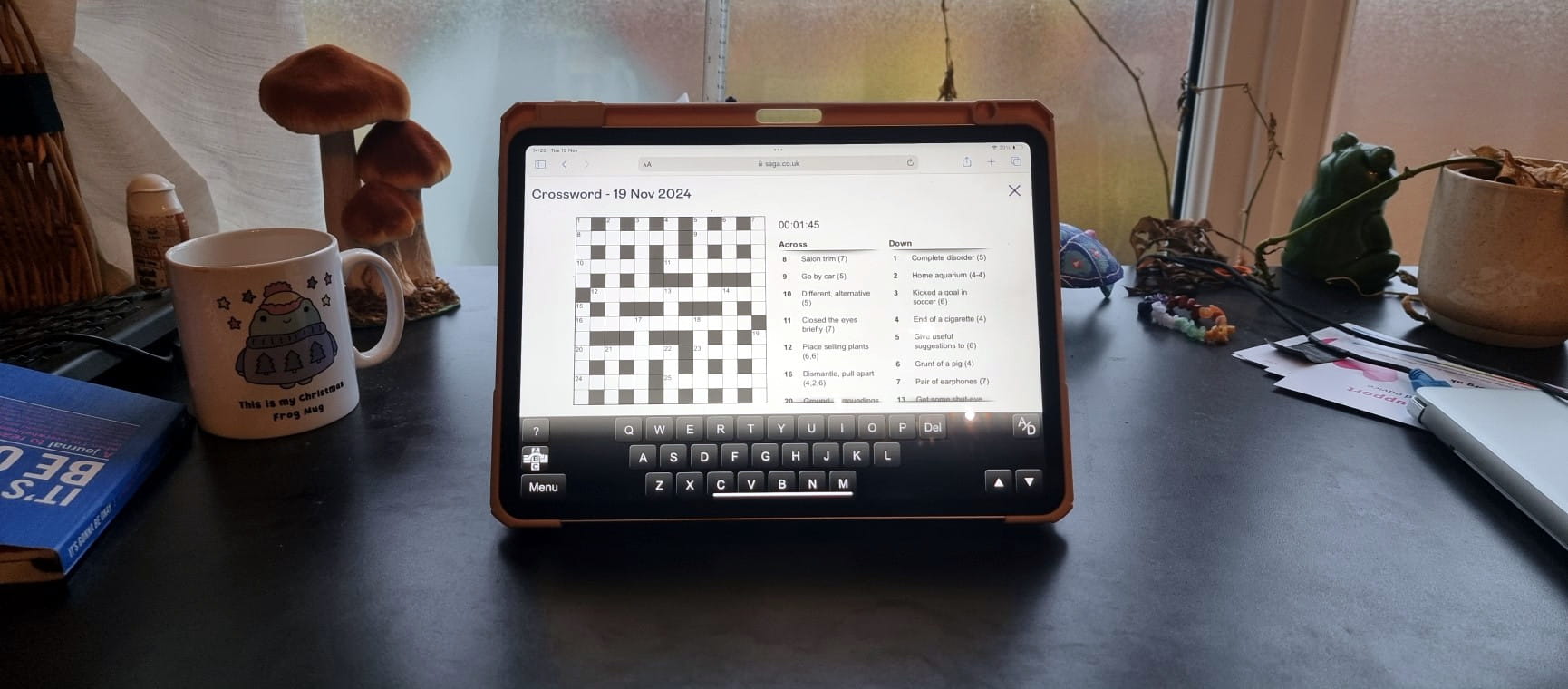

As much as she loves the English language, lexicographer Susie Dent sometimes has to bow down to the superiority of other tongues.
What do you call the tag at the end of a shoelace? Or the steel tip of an umbrella? What’s the name for the groove above your lips, or the dot above an i? These are the sorts of questions that populate my inbox on a weekly basis. The implication is that English is chock-full of gaps, and that someone needs to come along and fill them.
Of course, being a lexicographer, I delight in responding with words that do, in fact, exist, even if they have been consigned to the furthest corners of the dictionary. Taking the above list in order, for example, you have the ‘aglet’, the ‘ferrule’, the ‘philtrum’ and the ‘tittle’, all of which could be pressed back into service in an instant.
But even I have to admit that, sometimes, we really don’t have the word that’s needed.
This is when we can gracefully bow to the majesty of other tongues, which frequently manage to convey things in a single word when there is no English equivalent. These are the untranslatables.
We are all familiar with some of them. Schadenfreude is probably the most famous of our German imports, describing pleasure in someone else’s misfortune.
And many of us have readily embraced the concept of hygge, the ethos of cosiness, contentment and wellbeing, best discovered (in my experience) in a snuggly jumper next to an open fire while sipping mulled wine.
But there are so many more for us to dig out and adopt. Some of my favourite untranslatables come from Japanese, which is at its most beautiful when describing the solace of nature.
It offers us komorebi, for example: the rays of sunshine that filter through a canopy of trees and dance upon a woodland floor. All that in a single word.
During the pandemic I was also particularly grateful for kuchisabiishi, the act of going to the fridge again and again in search of comfort (and, in my case, with the unrealistic expectation that something new and enticing will have magically appeared). The very best thing about kuchisabiishi, however, is that it translates literally as ‘lonely mouth’.
The Italians provide us with characteristic flair in the form of such words as sprezzatura, which describes a kind of fake nonchalance, the kind that makes you reply, ‘What, this old thing?’ when someone compliments you on an outfit you actually took hours to assemble. Italian also gave us dolce far niente: the pleasure of doing absolutely nothing.

Irish is a treasure trove for unique words and phrases (this is the language that famously came up with smugairle róin for a jellyfish. Literal translation: seal snot). I have only recently discovered the gem stadhan, meaning ‘a flock of birds hovering over a shoal of fish’.
And on the list goes. French gives us retrouvailles, the joy of reuniting with someone after a long time apart. Not forgetting l’esprit de l’escalier, or ‘staircase wit’, the act of thinking of the perfect witty comeback when it’s too late and you’re on your way out.
As a lover of German, I can’t not share with you the Verschlimmbesserung, an attempted improvement that only makes things worse.
But if I had to choose an absolute favourite, it is a word from Finnish that makes me smile each time I think of it. It turns out that an old measurement of distance in Finland is known as porunkusema. Put simply, this is the distance an animal has to travel before it needs to urinate – apparently around 7.5km. Porunkusema’s literal translation? ‘Reindeer pee’.
You have to hand it to our foreign friends: sometimes they simply do it better.

Perfect for browsing at home or on the go, the Saga Magazine app is packed with exclusive digital only content including interactive puzzles and games. You can even listen to some articles with our new audio feature.

The ultimate guide to Saga Puzzles, full of technical tips, tricks and hints.




Anne Robinson on what to say when you read a friend's book and it's terrible.

Whether you have the same first word or change it up daily, your puzzle-solving technique is a ‘personality test in disguise’.


